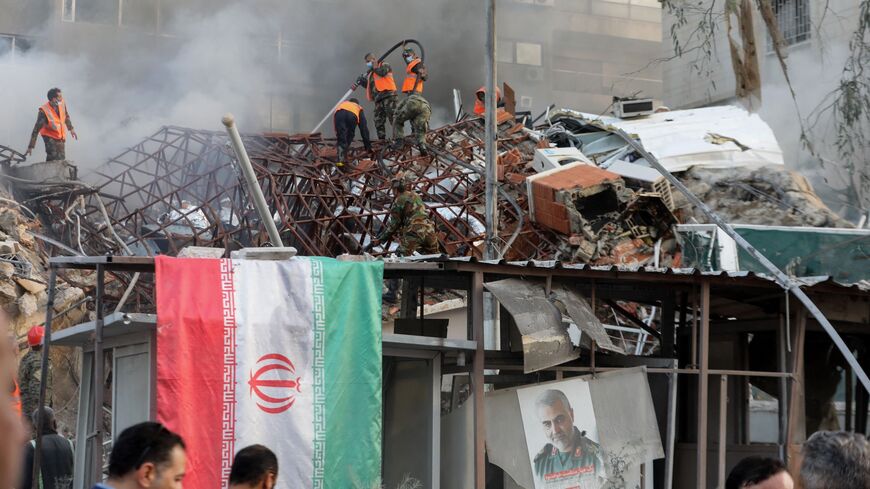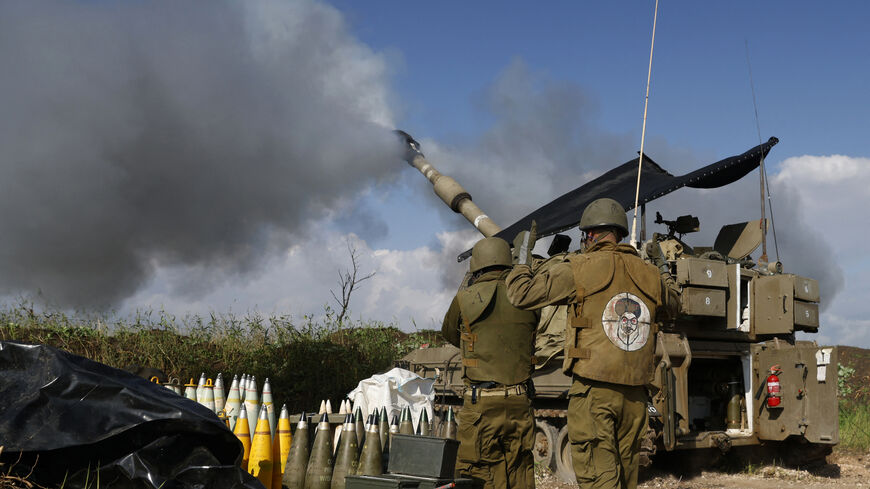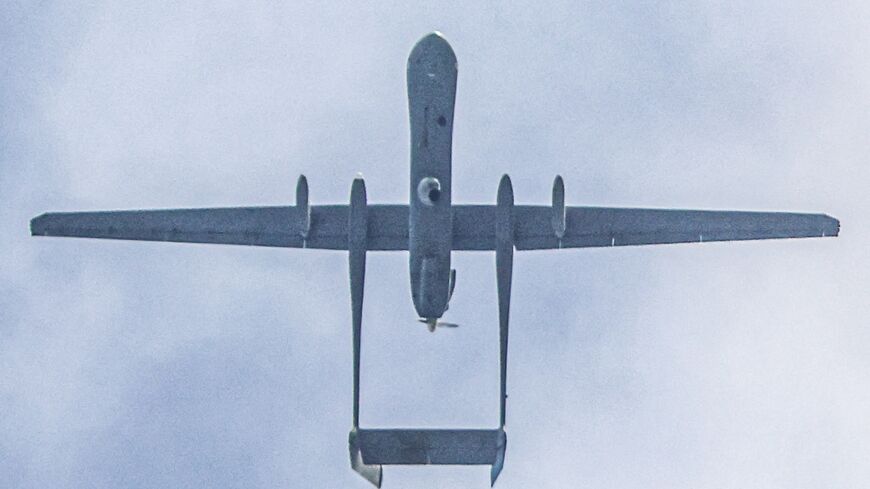IDF scrambles GPS systems in central Israel against potential Iranian reprisal
The Israeli military is apparently behind disturbances to location-based applications in central Israel in an effort to thwart potential airstrikes from Iran and its proxy forces.

Residents of central Israel reported scrambled GPS signals Thursday in location-based applications such as Waze, Google Maps and Moovit, a public transit app. Impacted areas include Tel Aviv and Jerusalem.
Many travelers reported that the apps situated them not in Israel, but in Lebanon's capital Beirut or in Egypt’s capital Cairo. Similar GPS disruptions have been reported in northern and southern Israel since the beginning of Israel's war with Hamas in October 2023. Businesses that rely on deliveries announced that the interference is likely to lead to delays.
What’s behind the disturbances?
Israeli news outlets revealed that the current disruptions were initiated by the Israeli military and are not the result of a cyberattack. Last October, the IDF said, "During the fighting, GPS disruptions are deliberately activated for various operational purposes to protect the security of the residents of the State of Israel."
The disruptions are meant to thwart efforts by hostile elements such as Iranian proxies in Lebanon, Syria, Yemen or the Gaza Strip to conduct airstrikes on targets in Israel.
Tensions are sky-high after Mohammad Reza Zahedi, a commander in the IRGC’s Quds Force, was killed Monday in an alleged Israeli strike on Iran's consulate in Damascus. Zahedi, killed alongside several deputies, was the highest-ranking IRGC official to be assassinated since the US killing of Quds Forces leader Qasem Soleimani in Baghdad in 2020.
While Israel has not claimed responsibility for Monday's attack in Damascus, Israeli security agencies are taking multiple warnings from Iran about avenging his death seriously, calling up air defense reservists to strengthen Israel's aerial defense system and keeping combat units in place. "In accordance with the situational assessment, leave will be temporarily paused for all IDF combat units. The IDF is at war, and the deployment of forces is under continuous assessment according to requirements," the military said in a statement Thursday.
The level of alert at Israel's embassies and consulates around the world, already high since Oct. 7, has been upgraded.
Since Oct. 8, Hezbollah had fired hundreds of missiles and rockets toward Israel, on numerous occasions targeting the strategic Mont Meron military base near Safed, which is responsible for coordinating air traffic in the region.
Israel also increasingly fears drone and missile attacks by the Yemen-based Houthis and other Iranian proxy forces. Last Tuesday, a suspected explosive-laden drone struck an open area in Jordan near Israel’s Ramon Airport. This week, an Iraqi militia claimed responsibility for a missile strike on a naval base in the southern Israeli city of Eilat. No casualties were reported.








